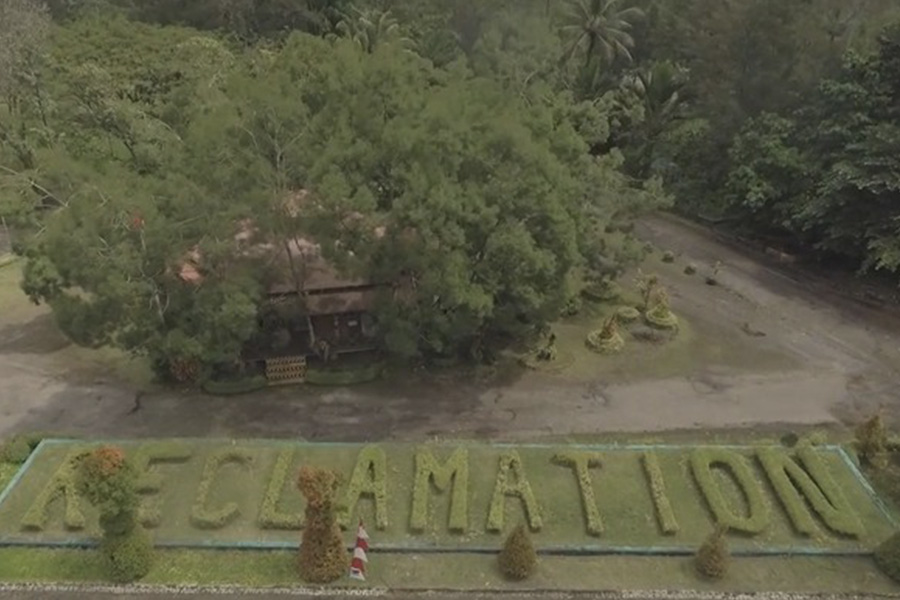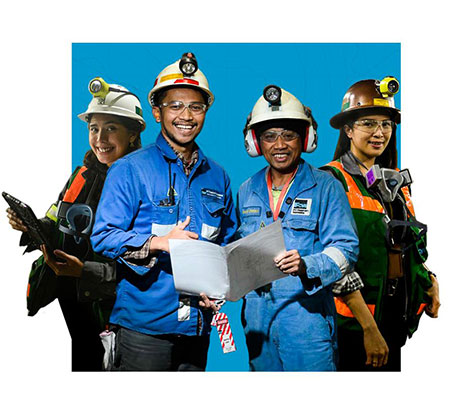23 August 2021

President Director of PT Freeport Indonesia (PTFI) Tony Wenas stated that managing a mine can be sustainable. Even though exploitation has an impact on nature and mining products won’t be renewable the management of a mine can be carried forward on the basis of sustainable principles.
To give an example Tony made reference to PT Freeport Indonesia’s ways of managing the mine in Tembagapura, Papua. All policies the company had made bear reference to its commitments towards stakeholders, environmental and social aspects, manpower, human rights and governance.
“We were following good mining practices,” Tony said to detikcom some time ago. “During the mining process the ore we exploited was first finely grounded to facilitate its delivery to the mill. During the process the finely ground ore was then mixed with a reagent that initiated a physical process but not a chemical process. We didn’t use cyanide, nor mercury or any other harmful substances,” Tony said.
During the process, Tony continued, the valuable minerals will rise to the surface to float there while the invaluable ones sank to the bottom to become tailings (mining waste). “These tailings were then channeled to a river system especially designated for it and with joint approval from the Regent, Governor, and Minister of the Environment all of which were clearly embedded in the AMDAL document.
All of this were then deposited into one area called the tailing deposition area that covered 23,000 hectares,” Tony explained. He described the tailings as very fine sand that was found to be totally harmless after being subjected to a series of tests. Even the tailings already found inactive after a series of tests were still found to be fertile to grow plants on it naturally without human assistance.
“As can be clearly seen in the tailing area there are numerous species of plants growing on it, fruit bearing plants, perennials and even fish can live there. But the only thing is that the tailing area is extremely huge,” he said. Regarding reclamation Tony said that is where PTFI’s obligation comes in to reclaim the original flora growing there although the actual contours of the place during exploitation can no longer be restored, But in spite of that PTFI will keep trying to maintain the original flora and fauna of the pre-mining area.
“The same thing is happening in the tailing deposition area which covers 1000 hectares of tailing and which we have replanted. There are even some other areas which have been totally replanted. We have done already 5000 hectares and we are still continuing,” he said.
Tony added PTFI also has a mining closure document approved by the Ministry of EDSM. In 2041 when PTFI had finished mining, the rehabilitation and reclamation program is still continuing, “So that the previously affected areas can be rehabilitated and the ecosystem maintained,” he said.
https://finance.detik.com/energi/d-5693132/kegiatan-reklamasi-freeport-capai-5000-hektare?single=1
Kami menghimbau para pencari kerja untuk berhati-hati dan mewaspadai beragam modus penipuan perekrutan yang mengatasnamakan PT Freeport Indonesia. Dalam setiap proses rekrutmen dan penerimaan karyawan, PT Freeport Indonesia maupun konsultan rekruitmennya tidak memungut biaya apapun.
Untuk melihat lowongan, silakan akses melalui link berikut: ptfi e-recruitment
Untuk melihat informasi magang, silakan akses melalui link berikut: Internship Program
